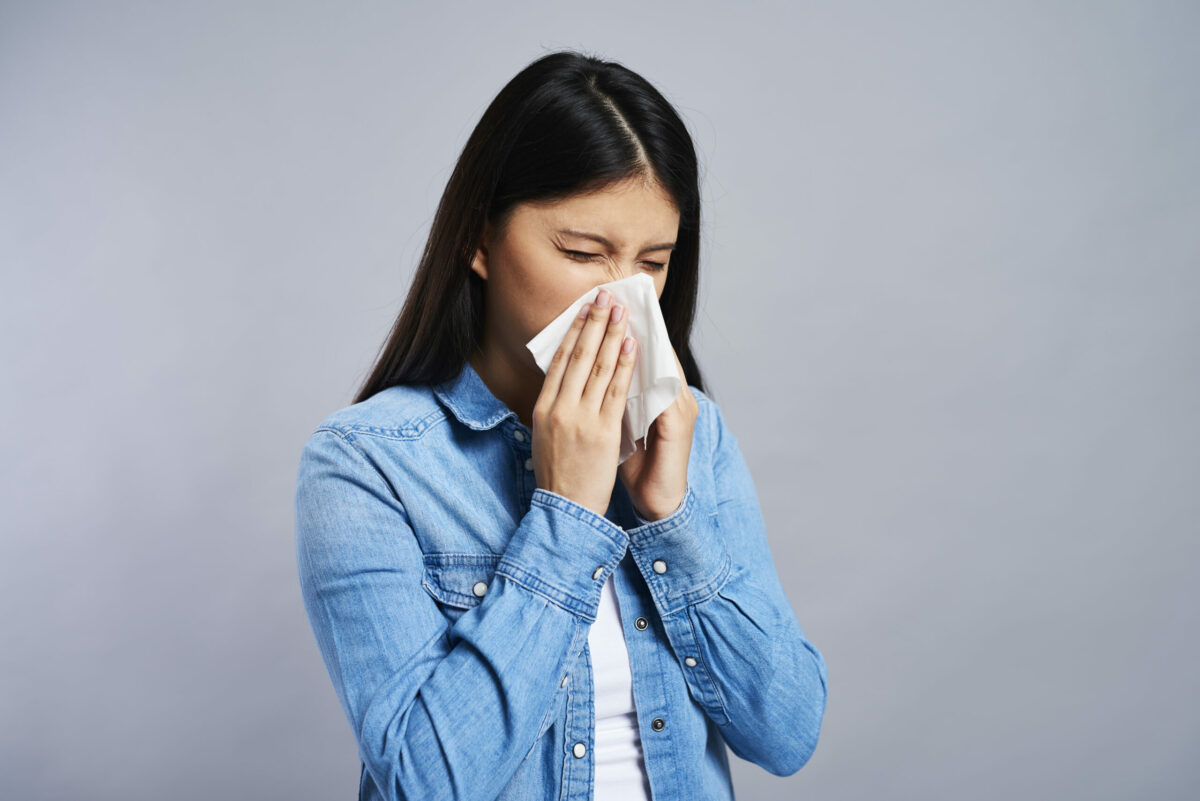The immune system is the body’s defense that helps against invaders such as germs. It also helps to promote healing when you are injured and protect you from getting sick. Eating nutritious foods, a healthy sleep cycle, and regular exercise can help to strengthen your body’s defense.
What is the Immune System?
The immune system consists of a large network of organs, white blood cells, proteins, and chemicals. The previous parts help together to protect your body and also help to heal your body from injuries and various infections.
Function
Every day your immune system works hard to maintain you healthy. For example:
- Destroying invaders
- Healing damage to your body
- Adapting to threats and challenges
- Help to keep invaders (such as germs) out of your body
- Limit the harm of invaders inside your body
Additionally, check below for what invaders your immune system protects against:
How Does Your Body’s Defense Work?
In case your immune system works properly, it should do what is listed in the following steps. For example:
- Your body’s defense tells the difference between cells that do not belong to your body and yours.
- It mobilizes and activates to kill the germs that could harm you.
- When the threat is gone, it stops the attack.
- In normal circumstances, it learns about germs you have had contact with and sends antibodies against them. Moreover, it also sends antibodies to destroy future germs that try to enter the body.
In case your body’s defense does not work properly, it may send too strong a response or it may be too weak to fight off invaders.
Weak Immune System
A wide variety of health conditions can weaken your body’s defense, which makes it more susceptible to infections. Usually, these conditions develop later in life (such as cancer and type 2 diabetes mellitus).
Overactive Immune System
On the other hand, if your immune system is too active, it may send too strong a response to real or perceived invaders. It means that may occur an attack where no invaders. Furthermore, it may also keep attacking after invaders are killed. This type of immune system may lead to certain autoimmune diseases including allergic reactions.
Anatomy
Different parts of your body work to maintain your body healthy. Check below the main components of the immune system:
- Mucosa – A three-layered membrane that lines organs and cavities throughout your body. This mucus is secreted by the membrane and helps to capture and clear out the invaders.
- Skin – This protective barrier helps to prevent germs enter your body. It also releases some protective immune system cells and oils.
- Bone Marrow – Helps to make blood cells (including white blood cells) that support your body’s defense. Bone marrow is a fatty and soft tissue localized inside your bones.
- Thymus – It is a small organ that helps to mature T-cells before they go throughout your body to protect you.
- Tonsils and Adenoids – These immune organs are located in your throat and nasal passages. They help to trap invaders (such as viruses and bacteria) while they enter your body.
- Spleen – It helps to store white blood cells that protect your body, filter your blood, and recycle old and damaged cells to make new.
- Lymph Nodes – These organs help to filter waste products and keep nutrients. Our body contains hundreds of these lymph nodes.
- Complement System – A group of proteins that help alongside other cells to defend your body against invaders. It also promotes healing due to injury or infection.
- Cytokines – Chemical messengers that tell your body’s defense what to go and what to do are called cytokines.
- Antibodies – By binding to invaders these proteins help to destroy them.
- White Blood Cells – There are different types of white blood cells and they have different missions in the immune system. Generally, they help attack harmful germs and maintain your body healthy.
Acquired vs. Innate Immunity
The protection with which you are born is called Innate Immunity. This type is a part of the body’s defense and it helps to respond against organisms that should not be in your body. It also does not need training and does not have a memory of attacking invaders.
The acquired immunity also known as adaptive or specific immunity contains specific white blood cells (lymphocytes). These cells remember invaders and can exactly tell they do not belong to your body. Therefore, when these invaders try to enter again to your body again, lymphocytes alongside other cells eliminate the threat.
Additionally, vaccines are used to support acquired immunity helping to train the cells to determine and destroy invaders.
Conditions
Unfortunately, a wide range of health conditions may negatively affect the immune system. For example:
- Allergies
- Autoimmune Diseases – In some circumstances, your body’s defense may attack accidentally its own healthy cells. This effect may lead to some diseases such as rheumatoid arthritis and lupus.
- Primary Immunodeficiency Diseases – These are some inherited diseases, which may prevent your body’s defense from working properly. Therefore, you may become more vulnerable to infections and some health conditions.
- Infectious Diseases – Mononucleosis and HIV infection are two examples of infectious diseases that can weaken your body’s defense and may lead to serious illness. These conditions occur when germs enter the body and provoke damage.
- Cancer – Cancer can spread throughout your body, which may interact with the normal production of blood cells that are required to fight against infections. Lymphoma and Leukemia are two types of cancer that weaken the immune system.
- Sepsis – An extreme response of the immune system to infection is called sepsis. Thus, it damages your healthy organs and tissues causing inflammation throughout the body. This effect may lead to some life-threatening results.
Symptoms
Commonly, the symptoms are different among people. Check below some examples:
- Weight loss
- Itchy skin
- Sore or aching muscles
- Drenching night sweats
- Fever
- Tiredness
- Tingling or numbness of the fingers and toes
- Paying attention or concentrating problems
- Inflammation, redness, or rashes
- Swollen lymph nodes (usually in your neck, armpits, or groin)
How to boost your body’s defense naturally?
Unfortunately, there is no fast and easy way to improve your immune system. In any case, you should talk with your healthcare professional to discuss your lifestyle, habits, and your medical history. Check below some general tips that may help to maintain your immune system healthy:
- Adopt a well-balanced diet – You can add in your diet fruits, veggies, lean sources of protein, whole grains, and others. These foods can help to supply your body’s vitamins needed for a healthy immune system.
- Regular Exercise – Aim for 30-90 minutes of daily exercise for at least 5 days a week. It will help the immune system work properly.
- Maintain a healthy weight – According to some researchers, obese people are linked with a weakened immune system. Therefore, you should try to lose weight if you are overweight. Talk to a doctor for more details.
- Healthy Sleep – Poor sleep may prevent your body’s defense work properly.
- Quit all tobacco products including smoking – In case you face problems with tobacco products, it is recommended to consult a doctor about effective ways to quit smoking.
Frequently Asked Questions
What are the common tests that help to check the health of the immune system?
Usually, doctors use blood tests to identify how well works your immune system. For example:
- Antibody test
- Complete blood count
- C3 proteins (check levels of specific types of protein in the blood)
What are medicines that negatively affect your immune system?
Certain drugs that are used to treat other health conditions, can impact your immune system. For example:
- Chemotherapy (used to treat different forms of cancer)
- Immunosuppressants
- Corticosteroids
If you have any questions ask your physician.
What is the largest immune organ?
The largest immune organ is the gut. The surface of the gut is 100-130 square feet.




